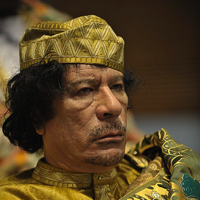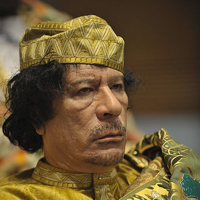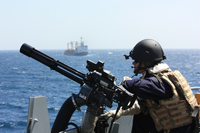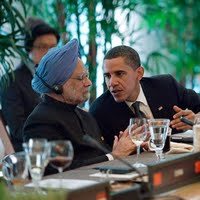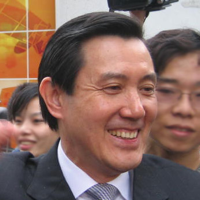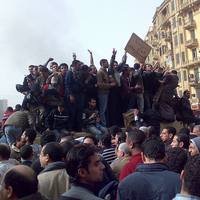
The story reads like a spy novel. The setting is Kyrgyzstan. The U.S. government pays billions of dollars to a mysterious American businessman known to the public only as the owner of a burger-and-beer joint. His mission: grease the right wheels in order to purchase and transport large volumes of fuel for the U.S. military. Accusations that the Kyrgyz government took kickbacks from these shady deals lead to the toppling of its leader. The Russians, as top fuel suppliers in the region, get involved, followed by the Chinese. Relations among governments grow strained. Meanwhile, dogged journalists find that the mysterious […]

